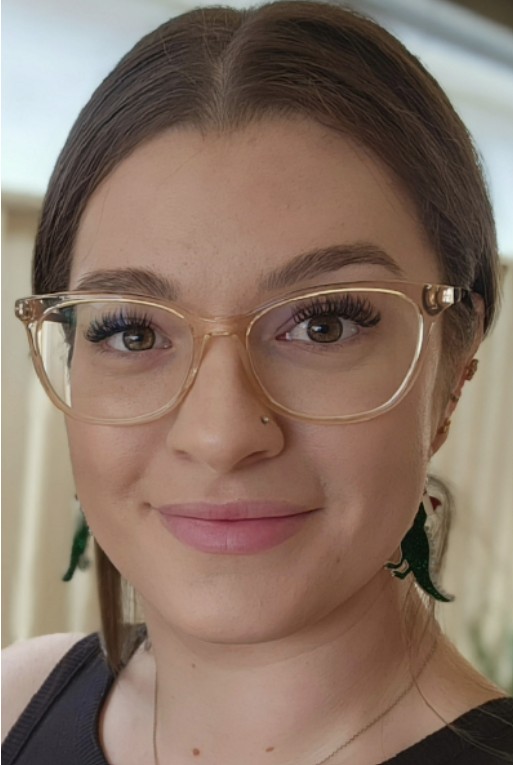Adoption and Human Rights
Adoption and Human Rights:
Can adoption be justified?
The Report: Human Rights of Adult Adoptees in South Australia, A Review of the Provisions of the Adoption Act 1988 (SA)
An introduction by ARA Inc. Vice-President, Sharyn White, BPsych(Hons)
Can the limitation of rights that adoption requires be justified?
Adoption is rarely examined through a human rights lens in Australia – despite the far-reaching consequences it can have on an individual’s fundamental freedoms.
While forced adoption has received some scrutiny in Australia, adoption itself – and the legislation that governs it – has largely escaped critical analysis.
The fact that the majority of adopted people bound to adoption legislation are also likely to be bound to it unlawfully through forced adoption only increases the urgency of the need for comprehensive scrutiny.
That is why this research on the human rights of adult adoptees, undertaken by Haylee Grant through the University of South Australia under the guidance of Associate Professor Dr. Sarah Moulds, is so important, and I am honoured to have been a part of it:
For a brief summary, Hayley Grant’s introduction, written for the Rights Resource Network, can be found HERE. It makes compelling reading.
Assessing adoption through a human rights framework creates the possibility of an objective examination of its validity, rather than treating adoption as a matter of personal opinion, or preference.
The unexamined assumption in this treatment is that there couldn’t be any problem with adoption itself – it just needs to be done right.
And when an adopted person talks about adoption it is often interpreted as a complaint about individual personal experience rather than systemic critique.
Are these responses influenced by cognitive dissonance? Is there a vestige – even an unconscious one – of the historical oppression of the illegitimate (bastards should be grateful for any crumbs they get and not complain)?
Is it the tension between the rights of the adoptee, and the supposed right to an adoptee? Is it personal opinion?
Whatever the reason, it’s par for the course. Because we’ve been ignored for so long, there appears to be – not just a blind spot, but a blind wall around adoption that needs to be overcome so that what are blatant human rights abrogations in adoption can even be thought about, let alone recognised.
In my lived experience of adoption of 59 years, and during my advocacy around adoption issues in the past 15 years, I have realised that the only way to be able to break through that wall is to use either:
1. Large scale evidence-based quantitative analysis to assess harm caused by adoption, (i.e., retrospective longitudinal studies using all the unique data the government has collected as a side effect of controlling adoptions in South Australia, and comparing death rates or long-term outcomes in non-adopted and adopted populations),
and/or
2. Scrutiny of adoption through a human rights lens.
“Adoption is not merely a childhood event, it has lifelong implications for identity, autonomy, and access to fundamental rights. Yet, the legal framework underpinning adoption predominantly conceptualises adoptees as children, often failing to acknowledge their evolving needs and rights in adulthood.”
In ‘The Human Rights of Adult Adoptees in South Australia, A Review of the Provisions of the Adoption Act 1988 (SA)’ Haylee Grant shifts the focus of adoption from individual narratives to a rigorous analysis of the legislative framework itself, through a human rights lens.
While most rights can be restricted, or limited, there has to be a good reason for this. When rights are limited, this needs to be justified:
· Is there a legitimate and important objective?
· Is the limitation rationally connected to a legitimate objective?
· Is the restriction suitable and necessary to achieve the objective?
· Does a less restrictive alternative exist?
· Does the benefit gained outweigh the harm caused by limiting the right?
“The research reveals significant tensions between the Adoption Act 1988 (SA) and human rights principles. One of the most concerning issues is the infantilisation of adult adoptees, with the Act assuming that adoptees remain vulnerable and in need of protection throughout their lives. While prioritising the best interests of the child is essential, this approach has inadvertently resulted in paternalistic legal barriers that restrict adult adoptees’ rights to autonomy, identity and self-determination.”
The report demonstrates that being adopted significantly limits a wide range of rights particularly in areas such as access to information, consent, access to justice and equality before the law, identity, and family relationships. Crucially, it finds that many of these limitations are not justified under human rights principles.
“In response to these findings, the report puts forward several recommendations for legislative reform, the most significant of which is a moratorium on adoptions as a transitional measure while pursuing the broader goal of phasing out adoption entirely in favour of alternative family care models. South Australian adoption laws are inherently incompatible with full compliance with human rights principles.”
To date, other than in this report, I’m not aware of any other academic analysis of whether these limitations are justified. Overall, the finding is that they are not, supporting what adoptee rights advocates have long been trying to have recognised – that these systemic issues demand recognition and reform.
This analysis is a way of understanding adoption that sheds much-needed light on this long neglected area. So that is why – after 15 years, I can see that Haylee Grant’s Report using a shared language within a human rights framework has finally created a bridge capable of spanning the distance between the ubiquitous magical thinking and assumptions around adoption, and an actual rational analysis of the reality of adoption itself.
Sharyn White, BPsych(Hons)


